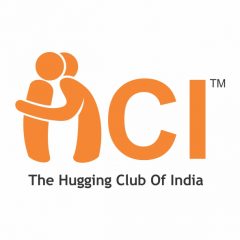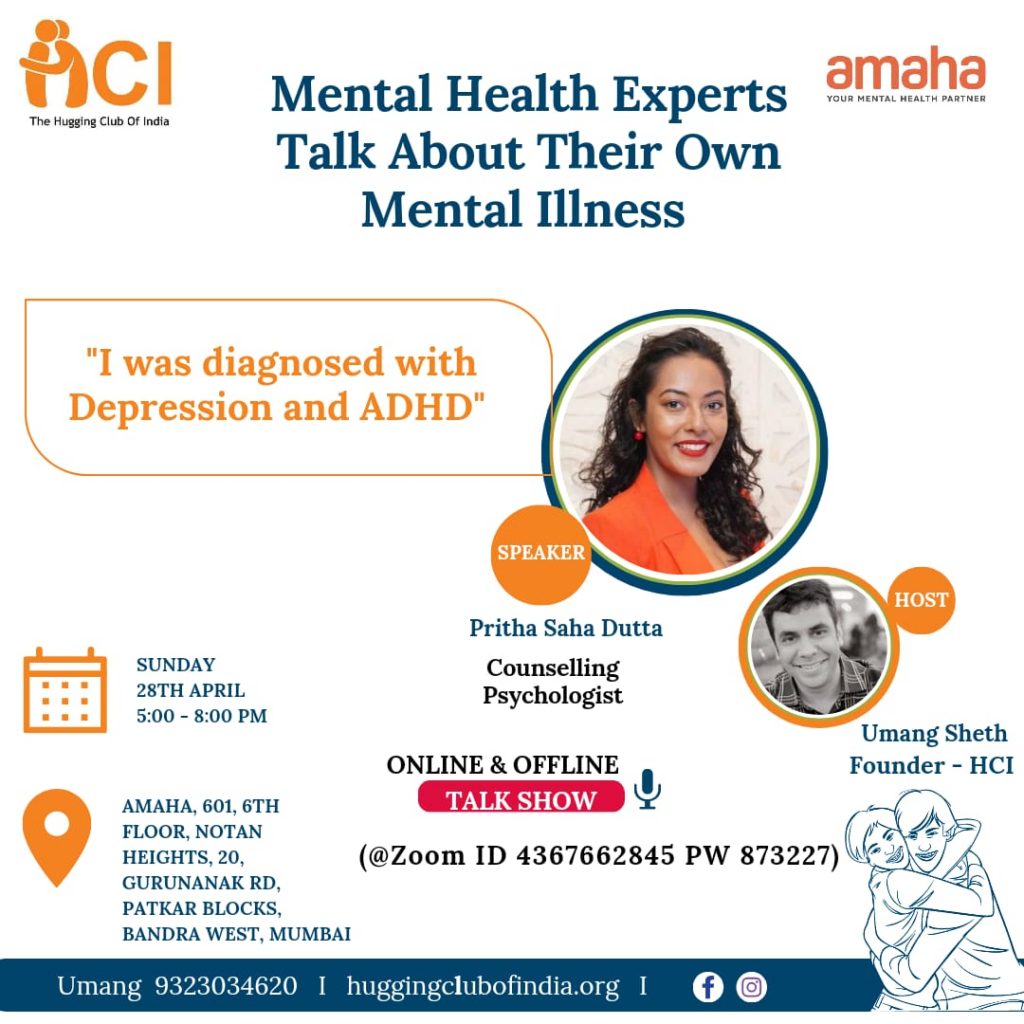
Pritha Saha Dutta is a counselling psychologist with special training in CBT & RCBET techniques. She has worked with 1000+ clients and helped them manage their mental health challenges. She has 10+ years of experience in the field. She herself has dealt with mental health challenges like ADHD & Depression and has taken treatment for it.
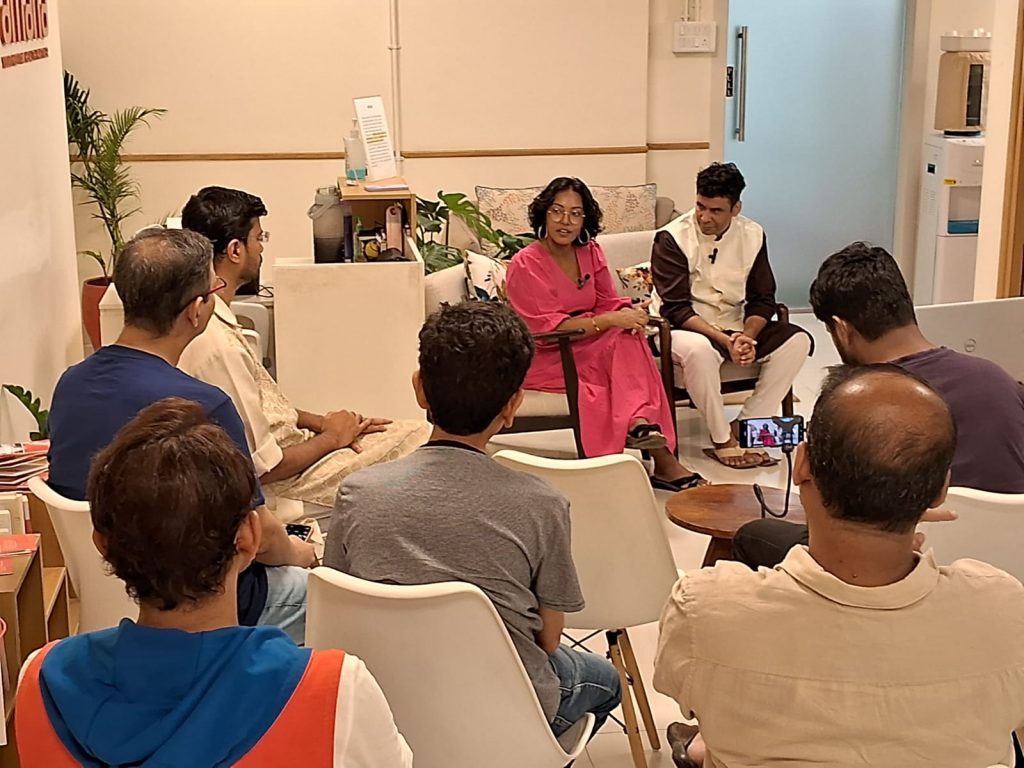
In yet another session of the Hugging Club Of India’s flagship event ‘Mental Health Experts Talk About Their Own Mental Health Challenges’ held at Amaha, Mumbai, she explained how mental health professionals too can deal with mental health challenges. Like a dentist can have cavities and a heart surgeon can have a heart attack, similarly mental health professionals too can have mental health issues.
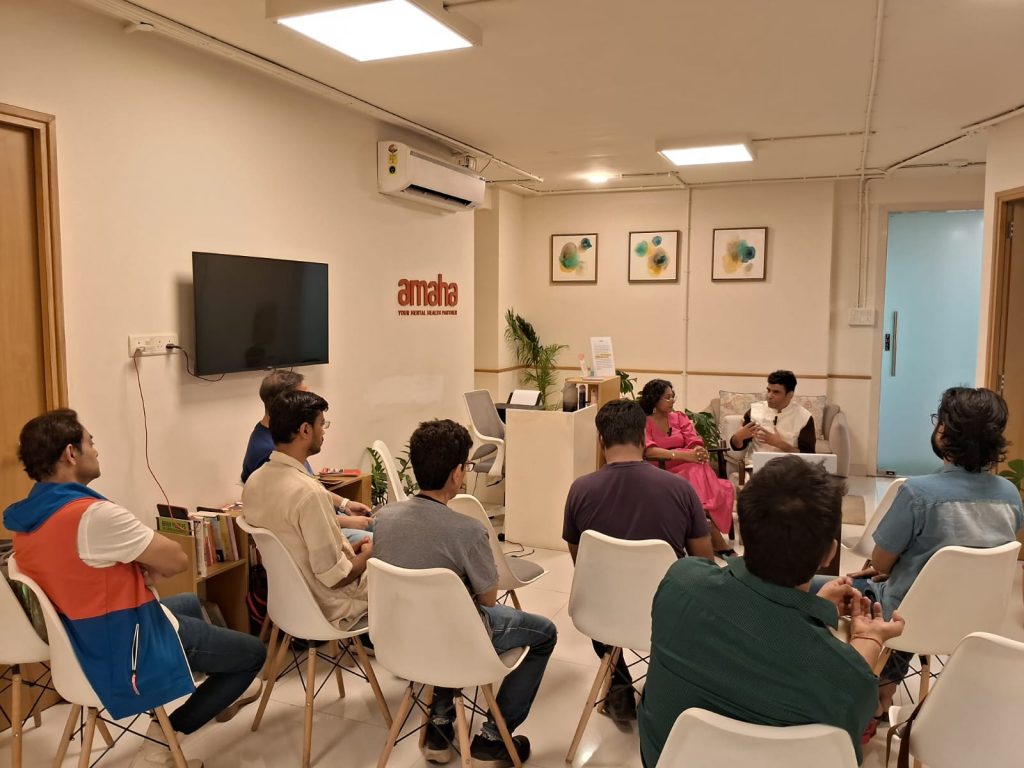
As a child, Pritha was labelled as a ‘naughty’ kid. Her teachers used to describe her as a hyperactive kid. When she started studying psychology she came across the term ADHD and self realisation hit her. The day she learned about ADHD her mother got to learn about ADHD too at her ECCL training. In 2021, she got officially diagnosed with ADHD. In ADHD there are three major symptoms that are – Inattention, Impulsivity & Hyperactivity and she had all these symptoms. The day she got diagnosed with ADHD she and her mother realised that she was not the difficult child but she has a condition termed as ADHD.
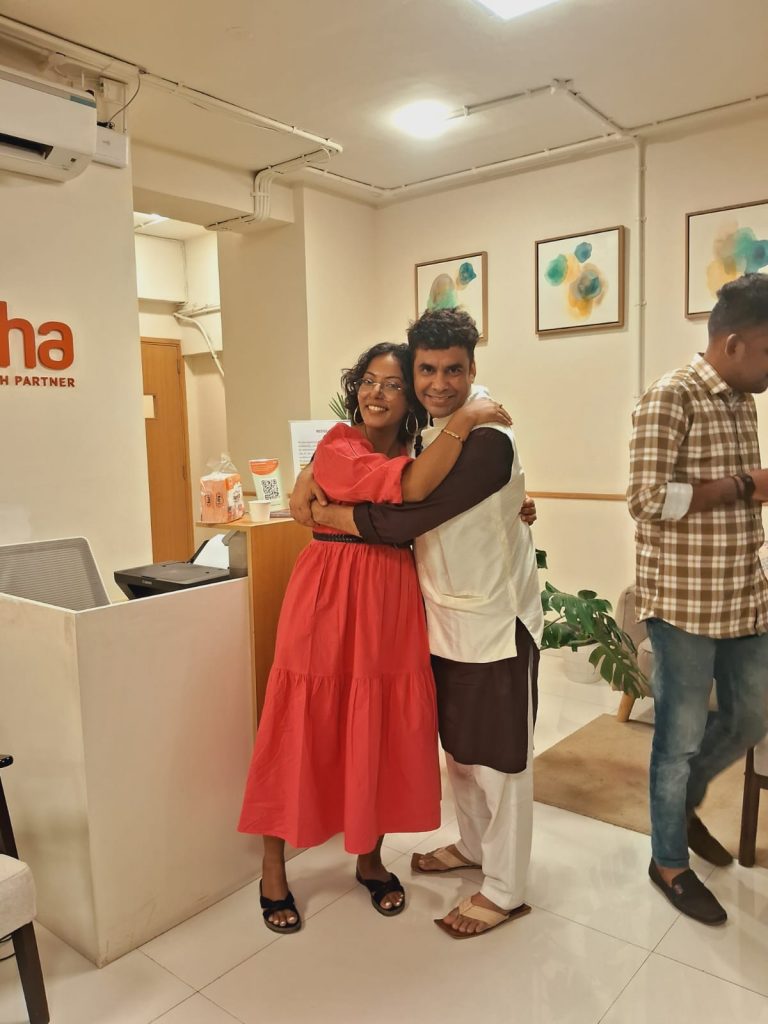
In childhood, her parents were highly critical of her and tried to correct her ADHD symptoms by being strict with her. The constant criticism and strict parenting focused on correcting her resulted in her putting up a mask to evade the punishments. Putting up a mask and living a dual life is very tough and people who have to live this way are prone to develop anxiety and depression. Due to the masking, Pritha developed Depression and was diagnosed in the year 2021 with High Functioning Depression. Her High Functioning Depression was the result of her burnout and childhood trauma that she endured since her early childhood. She was on medication for a year and half and took therapy for her ADHD. Therapy helps in mental health conditions but it takes time for it to work so medicines are of the same importance as they help people in managing their mental illness faster. ADHD also needs medical attention and more research is going on in this field of psychology. Occupational therapy helps a lot in ADHD where people learn to manage their ADHD.
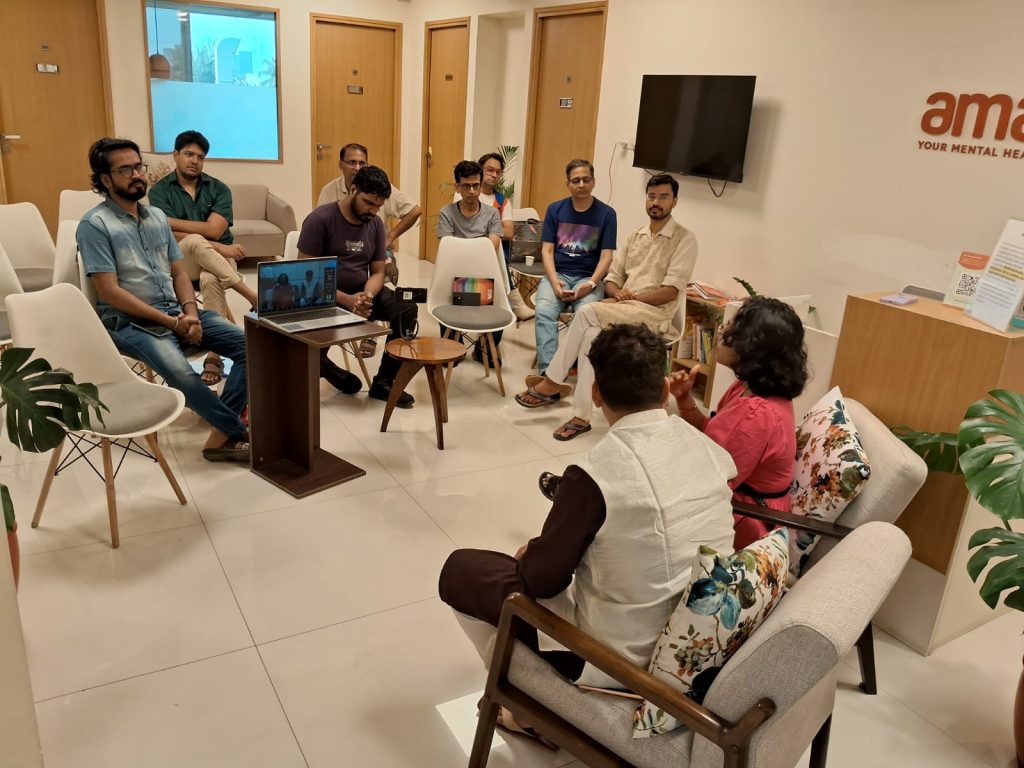
One of the main reasons behind choosing psychology as a career for Pritha was due to her horrible childhood experiences in school and at home. Her teachers were a bully and treated her badly at school. Later in school, she got support in the form of her Principal who heard her out patiently and guided her with effective techniques on how to manage her studies along with her ADHD. It was a liberating experience for her to learn about ADHD in college and it was freeing to learn that she is not weird but she has a condition.
Considering the mental health challenges the mental health professionals fraternity faces, she started a support group to help her fellow mental health experts.
Talking about trauma, she shares that acceptance is the key to healing. The second step is forgiveness. Sometimes the people who are supposed to be our support system turn out as our bullies and there is nothing we can do about it except for accepting and forgiving them.
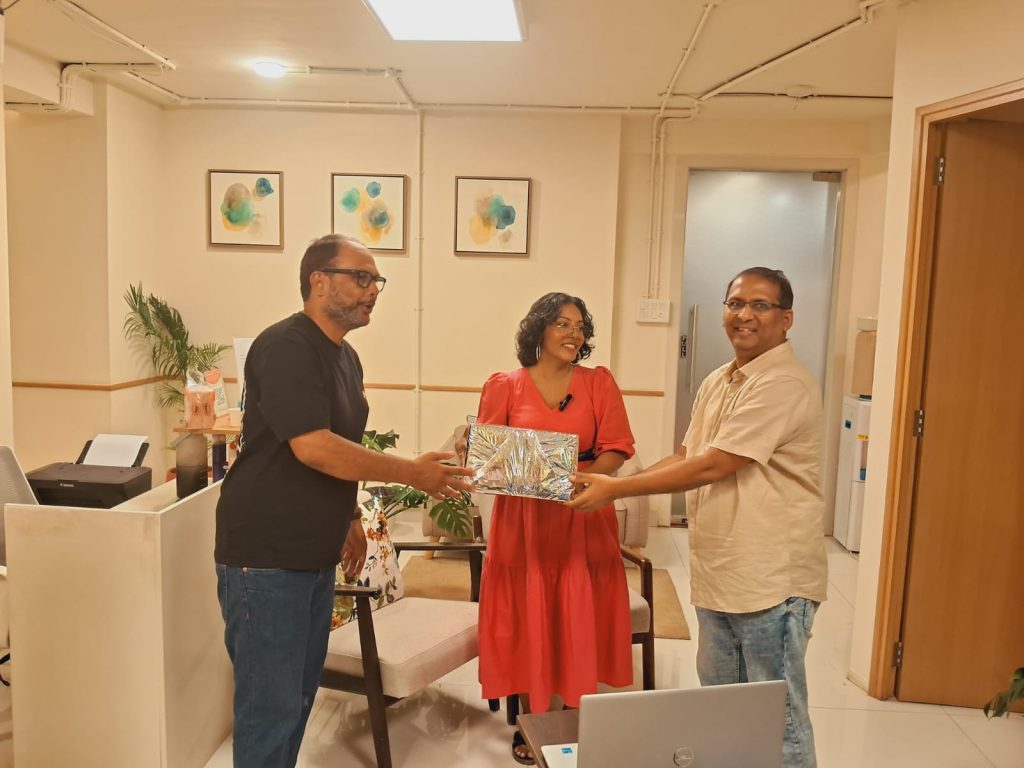
While detailing about how she manages her mental health and ADHD, she added that taking occupational therapy is a game changer for people with ADHD. Having a body double is also a good way to manage ADHD. By body double, she means a person who is there for you physically as a support when you are performing your tasks. Having a body double helps people with ADHD to know that they have company and they can rely on the other person.
Our brains are magical and they can be rewired with our efforts. Pritha talked about neuroplasticity and how forming new habits like learning a new skill like a language, playing a new game, etc can help us in rewiring our brains.
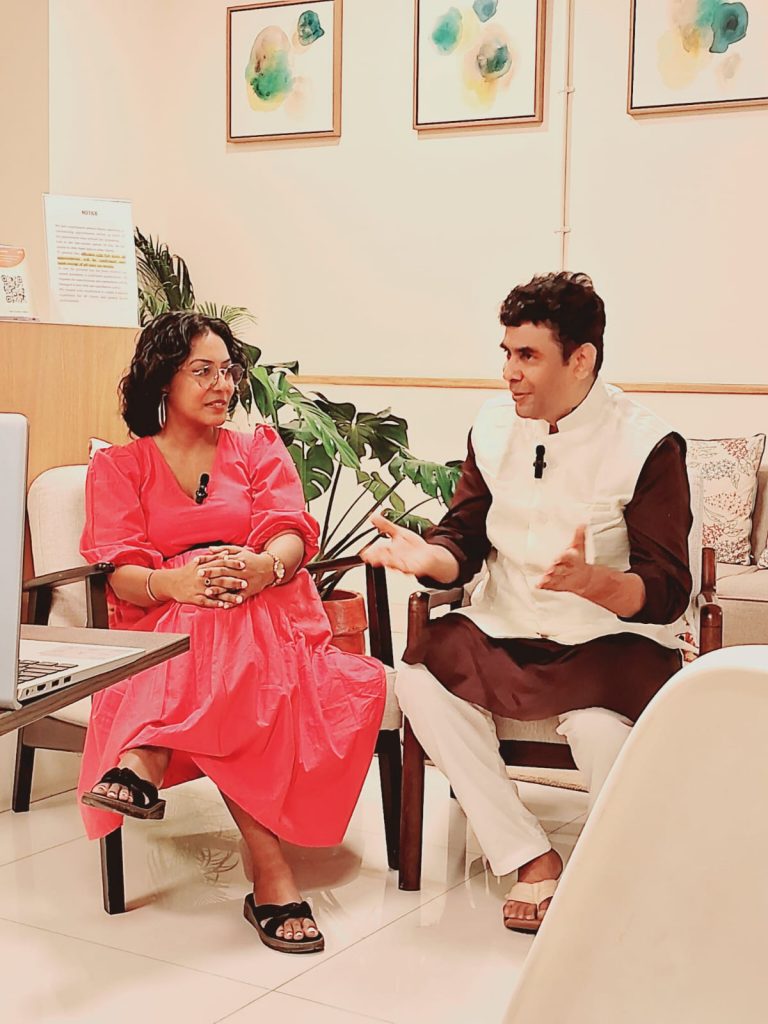
One should never stop taking medicine without the consultation of their doctor as this can result in a crash of our chemicals in brain and result in feeling depressed and suicidal.
A lot of us are addicted to Instagram and reels, addressing this issue Pritha adds that while watching reels a chemical called Dopamine is released. Dopamine makes us feel happy when it is released in our brains when we get a reward and watching reels feels rewarding for our brains.
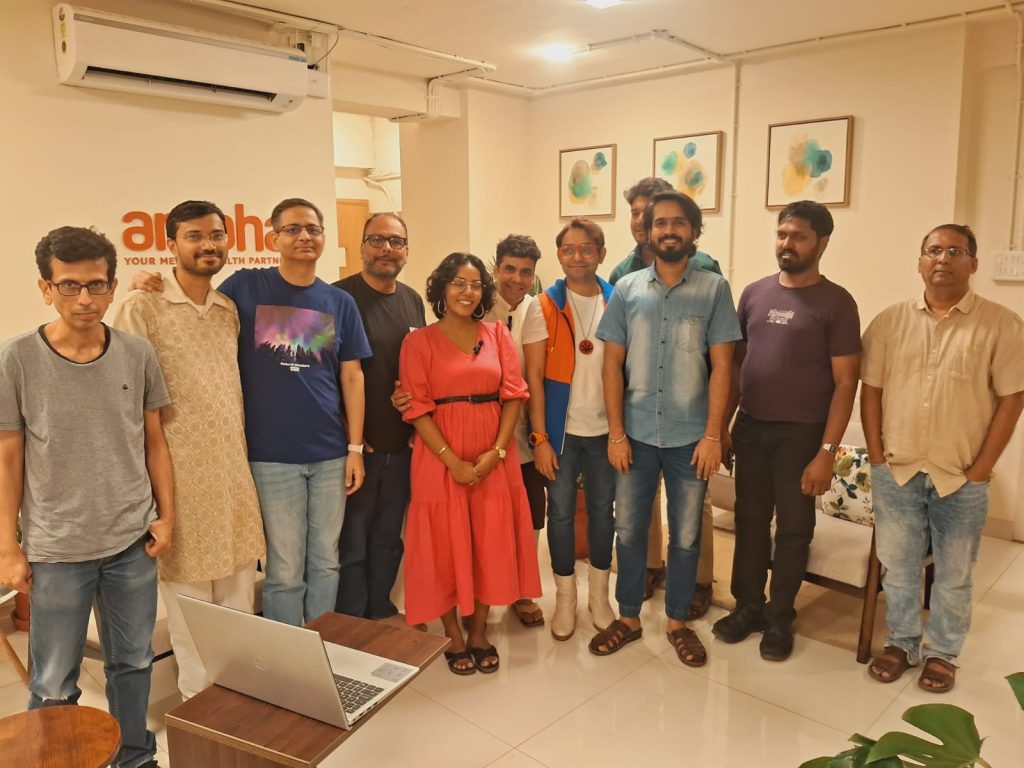
Finally, Pritha concluded with suggesting that we should journal everyday to keep a track of our lives. She also adds that one should never take the role of a therapist for others instead they should refer them to a therapist when in need.
She shares how self sabotage and self comparison is normal human tendency but one should compare oneself with them and focus on becoming the better version of them everyday.
– Written by Arjun Upadhyay
– Edited by Mahrukh
